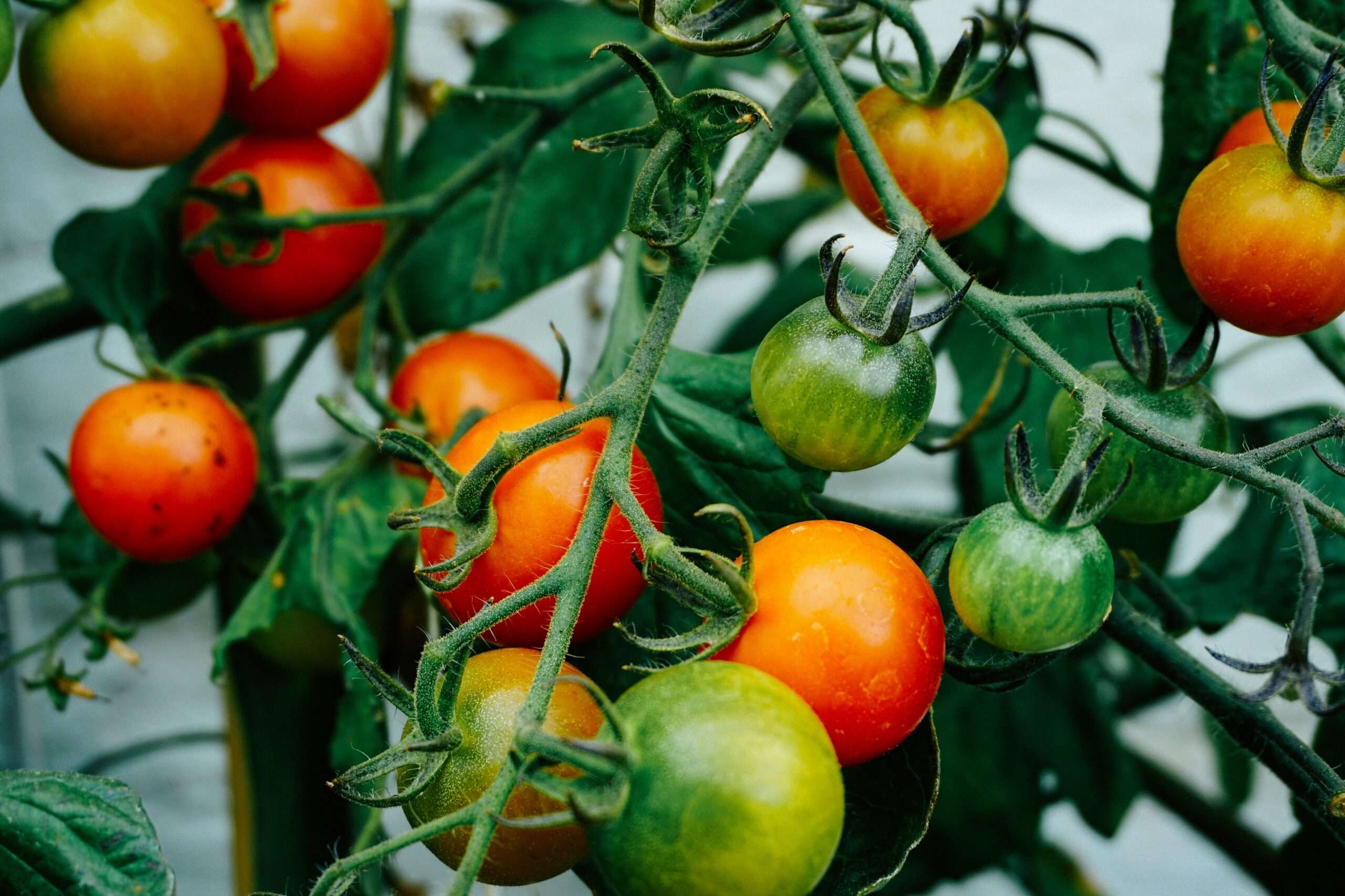Today, the very first Farm to Fork Summit has taken place in Downing Street, hosted by the Prime Minister, Rishi Sunak. But, why did he call the event in the first place? The short answer is because Sunak made a promise during last year’s Conservative Party leadership contest. The government’s answer is that the event is to ‘’identify ways to boost growth, drive innovation and improve sustainability’’. However, the context is much broader, and more important. As previously explored on Eat Farm Now, there is a great debate going on in the food and farming world regarding fairness in the supply chain and general food security in the UK. Whilst there has been concern that the event would amount to little more than a talking shop, it allows for all parts of the supply chain to come together to air grievances and continue the conversation together regarding these issues.
The concerns of farmers and their representatives at the event have multiple elements, but the summit marks an opportunity to shift the agenda towards domestic food and farming as an important issue on the political stage. Further, the public (and therefore voters) are being hit hard by their weekly food shop, and it is clear that food needs to be a higher priority.
On the eve of the summit, Rishi Sunak sent an open letter to the British farming community, on the issue of trade, attempting to reassure farmers that British food and farming won’t be side-lined in trade deals. He set out six principles, including considering agriculture within the trade deals, protecting sensitive sectors, prioritising new export opportunities, protecting UK food standards, upholding UK production standards and removing barriers to market access. This will go some way towards reassuring farmers, although actions will speak stronger than words. The government’s recent U-turn on the horticulture strategy was not a great example of following through with what turned out to be empty words.
Ultimately, we have to ask the question: who does the food system serve? And, how can it serve everyone in a fairer way? Currently, both farmers and consumers are suffering and being squeezed on both ends of the chain. Farmers need to improve profitability in order to invest in their businesses and incentivise new entrants who can drive innovation. Food poverty also needs to be tackled as part of a wider strategy for dealing with poverty generally, not within the silo of food itself. All the export opportunities in the world won’t solve these issues. Until it can be decided what a fair deal for producers and retailers looks like, we will be unable to tackle the broader challenges. Hopefully today’s food summit will make a start towards agreeing on what a fairer future really looks like?
By Ben Eagle
Acting Editor, Eat Farm Now

